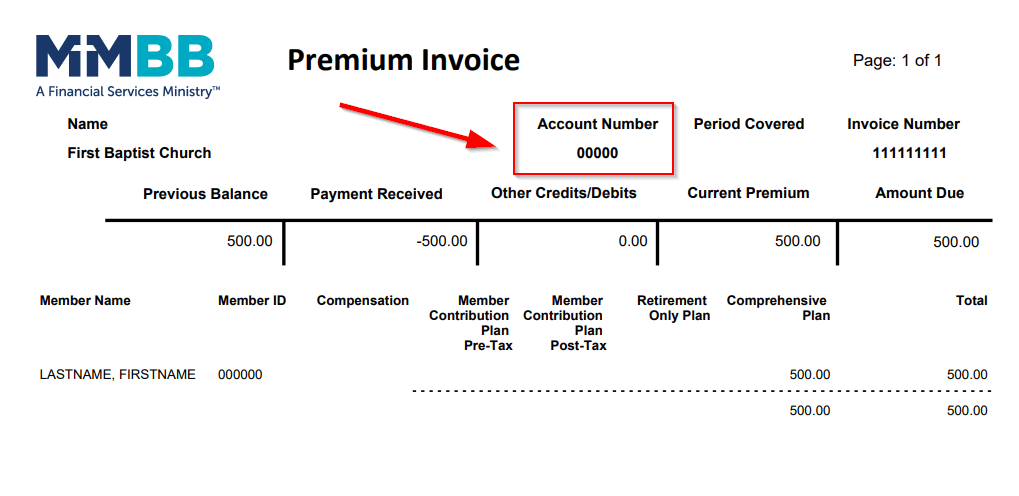Financial Fact: How Long Should You Keep Certain Papers?
With tax season in full gear, many people need to access various documents to complete their taxes. It’s also an excellent time to consider what documents you are keeping and whether it is necessary to retain them. Some of us are holding onto certain papers too long and discarding others too soon. With that in mind, we are republishing a Tomorrow article that provides guidance on which documents can be essential to have on hand, how long you need to keep them, and which papers you can get rid of.
An essential part of managing your personal finances is keeping your financial records organized. Whether it’s a utility bill to show proof of residency or a Social Security card for wage reporting purposes, there may be times when you need to locate a financial record or document with relative ease.
What should you keep?
If you tend to keep papers because you “might need it someday,” your desk or home office is probably overflowing with nonessential documents. One of the first steps in determining what records to keep is to ask yourself, “Why do I need to keep this? Is this record vital?”
Documents you should keep are likely to be those that are difficult to obtain or replicate, such as:
- Tax returns
- Legal contracts
- Insurance claims
- Proof of identity
On the other hand, if you have documents and records that are easily obtained online, such as bank statements and credit-card statements, you probably do not need to keep paper copies of the same information and you may want to shred them.
How long should you keep your records?
Generally, a good rule of thumb is keep financial records and documents only as long as necessary. For example, you may want to keep ATM and credit-card receipts only temporarily, until you’ve reconciled them with your bank and/or credit-card statement. On the other hand, if a document is legal in nature and/or difficult to replace, you’ll want to keep it for a longer period or even indefinitely.
Some financial records may have more specific timetables. For example, the IRS generally recommends that taxpayers keep federal tax returns and supporting documents seven years after the date of filing. Certain circumstances may even warrant keeping your tax records indefinitely.
Listed below are some recommendations on how long to keep specific documents:
Records to keep for one year or less:
- Bank or credit union statements
- Credit-card statements
- Utility bills
- Auto and homeowner’s insurance policy statements
Records to keep for more than a year:
- Tax returns and supporting documentation
- Mortgage contracts
- Property appraisals
- Annual retirement and investment statements
- Receipts for major purchases and home improvements
Records to keep indefinitely:
- Birth, death, and marriage certificates
- Adoption records
- Citizenship
- Military discharge papers
- Social Security card
- Legal documents such as divorce decrees, separation agreements, etc.
Keep in mind that the above recommendations are general guidelines, and your personal circumstances may warrant keeping these documents for shorter or longer periods.
Out with the old, in with the new
An easy way to prevent paperwork from piling up is to remember the phrase “Out with the old, In with the new.” For example, when you receive this year’s auto insurance policy, discard last year’s policy. When you receive your annual investment statement, discard the monthly or quarterly statements you’ve been keeping. In addition, review your files at least once a year to keep your filing system on the right track.
Finally, when you are ready to get rid of certain records and documents, don’t just throw them in the garbage. You are opening yourself to the risk of identity theft. To protect sensitive information, you should invest in a good quality shredder to destroy your documents, especially if they contain Social Security numbers, account numbers, or other personal information.
Where should you keep your records?
You could go the traditional route and use a simple set of labeled folders in a file drawer. More important documents should be kept in a fire-resistant file cabinet, safe, or safe-deposit box.
If space is limited or if you want to reduce your reliance on paper, you might consider electronic storage for some of your financial records. You can save copies of online documents or scan documents and convert them to electronic form. You’ll want to keep backup copies on a portable storage device or hard drive and make sure that your computer files are secure. A reputable cloud storage service may be an option also.
Finally, keep a detailed list of where you have stored your financial records. This list can be helpful whenever you are trying to locate a specific document and can also assist your loved ones in locating your financial records in the event of an emergency. Typically, you will want to note:
- Personal information
- Professional contacts (e.g., attorney, tax preparer, financial advisor)
- Online accounts with username and passwords
- List of specific locations of important documents (e.g., home, office, safe)
Maintaining necessary and timely documents in an organized manner will benefit you and others over time. And there is no time like the present to get started!








 Next
Next

 Next
Next

